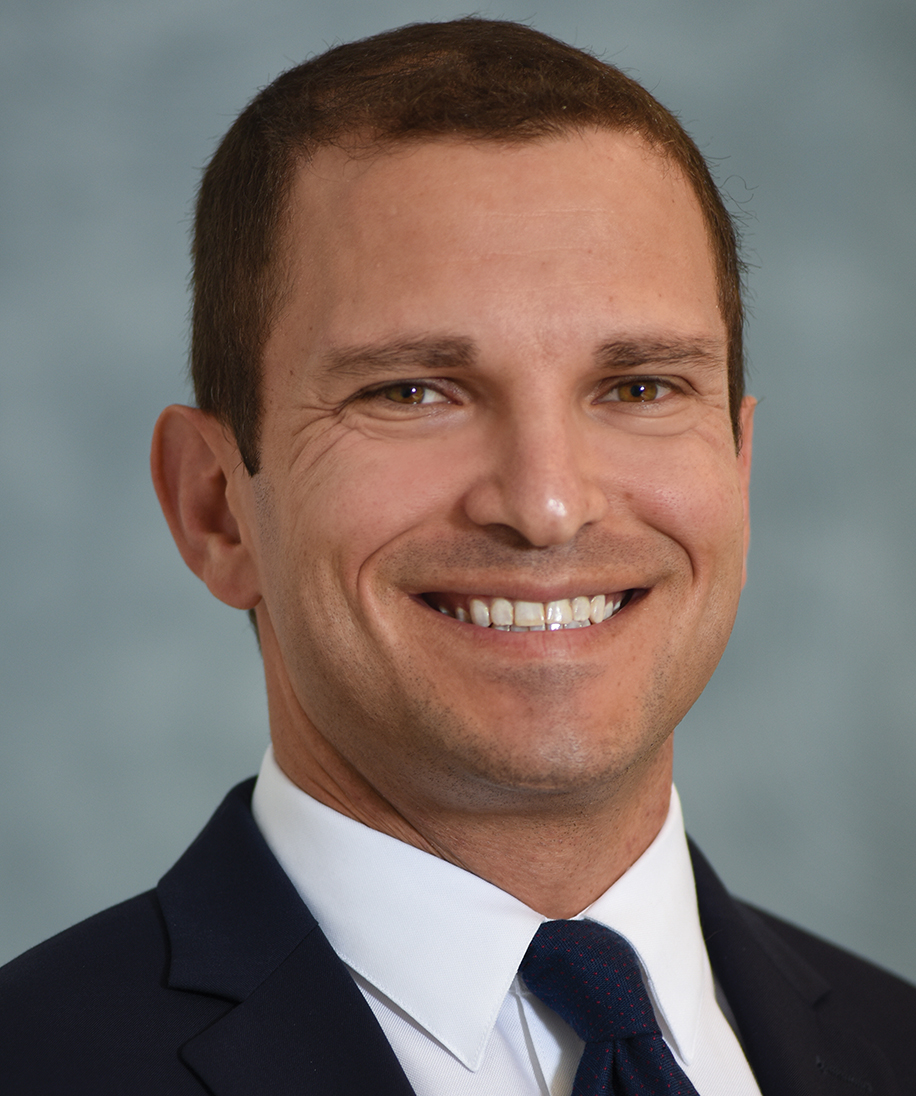Client Alert
Northern District of California’s Top Regulators Identify Enforcement Priorities
September 11, 2025
By Kenneth P. Herzingerand Derek Evan Wetmore
The Northern District of California Views From the Top: Hot Issues & Trends in White Collar, Securities & Antitrust Enforcement event on Sept. 4 provided an invaluable and uncharacteristically candid look at the priorities from the enforcement regulators who will be leading the charge: interim U.S. Attorney Craig Missakian; Chief of the Department of Justice Antitrust Division in San Francisco Leslie Wulff; and Securities and Exchange Commission Associate Director of Enforcement Jason Lee.
US Attorney for the Northern District of California
- Priorities: Under Missakian’s leadership, the office plans to reallocate resources from prosecuting what he described as “strict-liability” regulatory offenses and instead will focus on knowing and willful violations in the following areas:
- Investor fraud, including alternative assets such as cryptocurrencies
- Fraud on vulnerable individuals, such as senior citizens, or which impacts the public fisc, such as government contracting or healthcare fraud
- Intellectual property theft
- Economic espionage
- Violent crime, especially transnational cartels and syndicates. U.S. attorneys’ offices across the country are partnering with the Department of Homeland Security to target cartels, foreign terrorists and transnational criminal organizations.
- State of the Office: Staffing in the office is about 35 lawyers below typical levels but Missakian indicated that he is in the process of hiring 19 new assistant U.S attorneys and hopes to have authority to bring the office back to peak levels in the coming months.
- Highlights:
- Treatment of Corporations. Missakian described an administration-wide shift in approach regarding corporations. The administration will seek to avoid “prosecution by investigation” with a goal of punishing bad actors rather than unnecessarily affecting “job-creating” companies and their shareholders. To that end, Missakian mentioned the possibility that companies could avoid liability altogether if they identify and promptly self-report individual wrongdoing.
- Interactions with defense counsel. Missakian encouraged defense counsel and targets to engage in conversations with line attorneys before reaching out to leadership in the office or Main Justice in Washington, D.C.
Department of Justice Antitrust Division
- Priorities: The Antitrust Division is focused on pocketbook issues affecting consumers and conduct that impacts the public fisc, with special attention on the following areas:
- Healthcare
- Agriculture and food supply
- Government contracting
- State of the Office: The Antitrust Division is back. According to Wulff, the office was more active in the first quarter of 2025 than the entire preceding year. The office also recently onboarded new attorneys and will be hiring additional paralegals and support staff in the coming months.
- Highlights:
- Custodial sentences. Wulff highlighted recent cases in which her office obtained custodial sentences for individuals convicted of price fixing. Her office views incarceration as the best form of deterrence and intends to prevent individuals from “buying their way out” of prison or home confinement.
- Whistleblower program. In May 2025, the Antitrust Division signed a Memorandum of Understanding with the U.S. Postal Service Office of the Inspector General to establish a whistleblower rewards program. Wulff said the office has received many promising leads in the past months and encouraged the public to provide specific, credible and timely tips.
Securities and Exchange Commission
- Priorities: Under Chairman Paul Atkins, the SEC is going back to basics. Lee explained that the Enforcement Staff will be focusing on its critical missions of investor protection and market integrity. The Staff will be spending less time on edge cases and devoting more attention to the following:
- Insider trading
- Market manipulation, including front-running and cherry-picking
- Offering fraud
- Accounting fraud
- Material misrepresentations, especially in emerging sectors like AI
- Breaches of fiduciary duty by advisors, including undisclosed conflicts
- Violations of Regulation Best Interest
- Abuses in the public finance sector
- State of the Office: With staffing down, the SEC is looking to do more with less.
- Highlights:
- Considerations for bringing cases. While the guidance has not changed, the Staff, with fewer enforcement resources, will be strategic about which matters to open and when to recommend litigation. Key considerations include: (1) the level of investor harm; (2) the egregiousness of the conduct; and (3) the impact of the conduct on market integrity.
- Commitment to increased transparency by the Staff. In a change from the prior administration, Lee indicated that SEC leadership will agree to Wells meetings. The Staff has also been directed to provide Wells targets with access to key evidence, such as testimony and documents, where feasible.
- Renewed focus on the appropriateness of penalties and injunctive relief. In evaluating possible relief, the Staff will, for example, (1) consider whether penalties recompense versus harm shareholders and (2) assess whether prophylactic relief like director and officer bars will protect investors versus simply serve as punishment.
Despite predictions to the contrary, the DOJ and SEC intend to remain extremely active in the months ahead. Expect more investigations to be opened and more high-profile cases to be filed.
Contributors


Practice Areas
Complex Litigation and Arbitration
Employee Mobility and Trade Secrets
Energy and Global Climate Change
International Trade: Economic Sanctions, Export Controls and National Security
Investigations and White Collar Defense
National Security Regulation and Investigations
Securities and Capital Markets
For More Information

